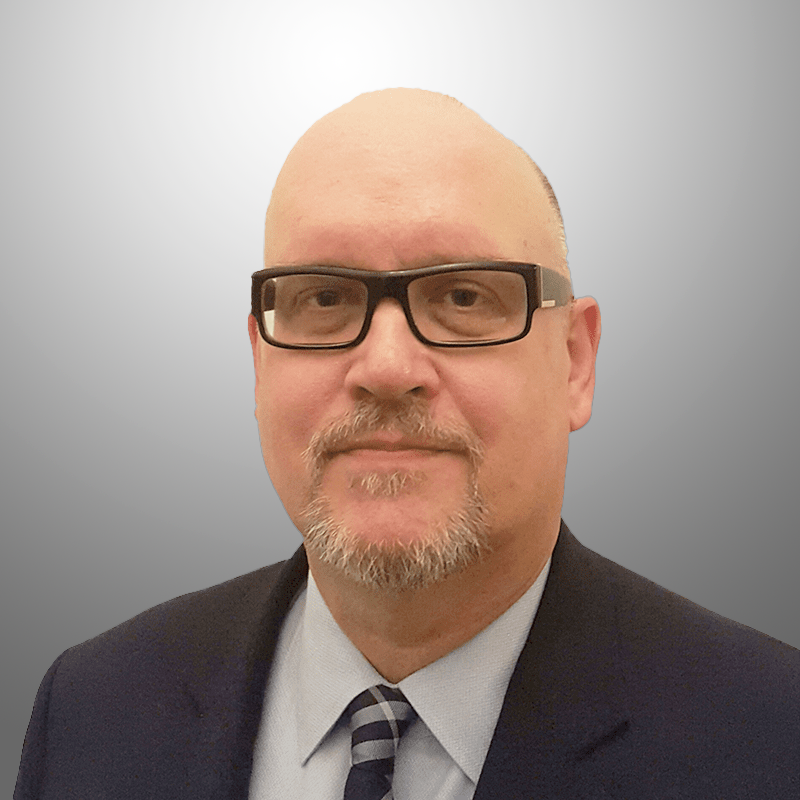
Daryl Hershberger
Partner, 124 West
Daryl Hershberger is a Partner overseeing finance and operations at 124 West, a startup making eco-conscious, size inclusive, women’s athleisure clothing.
What do you enjoy most about this career path?
One of the most rewarding parts of my job is having a breakthrough when communicating the technical concepts and complex ideas to the executive level at the bank. Not all CEOs or COOs have a background in quantitative finance. You have to learn how to convert what you know about Stochastic Calculus, derivatives and options into terminology and concepts that others can easily follow. It’s incredibly satisfying when you can help others understand what you’re talking about.
How has the MSCF program helped you in your career?
The program provided an introduction into the finance industry. When I enrolled, I thought I knew exactly what I wanted to do. MSCF showed me the other opportunities that were available in the finance industry. The reputation of Carnegie Mellon and strong alumni network helped me secure my first job since the executive who hired me had positive experiences working with MSCF graduates. The work that I do in asset liability management is spot on with what the MSCF program taught us.
What is your advice to MFE graduates considering this field?
Keep an open mind. Many students enroll in MFE programs and try to pursue a specific career. Know that what you start out doing is not what you will be required to do for the rest of your life. One of the things I did was train people to move from the risk desk to portfolio management. Managers wanted people who understood risk before they moved into fixed income portfolio management and derivatives trading. Risk is a great background to have, even if you don’t want to do it in the long run; it’s a great place to start. It’s easy to move around with risk management as foundation.
What was the best lesson you learned in the MSCF program?
Professor John Lehoczky had us gather in small groups and gave us highly respected academic papers. He asked us to figure out which of the methods in the papers worked and those that didn’t. This exercise really put you in the frame of mind that you’re going to learn things, but everything has its limitations. Everything that you’re learning is a model and does a fairly good job, but sometimes it just doesn’t work at all. Nothing is an absolute truth, and don’t bet your company on it.